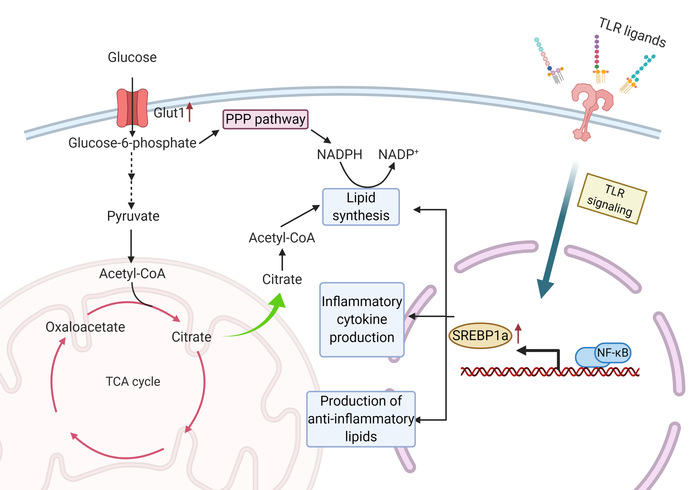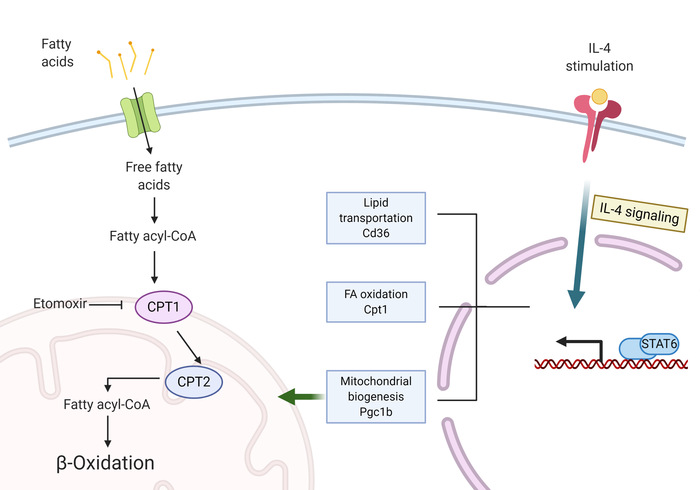On December 1st, 2020, Professor Tiffany Horng from the SLST published an invited review article entitled “Lipid Metabolism in Regulation of Macrophage Functions” in the journal Trends in Cell Biology. In this review, Professor Horng and her postdoc Dr. Yan Jiawei describe the processes whereby signals that regulate macrophage activation influence lipid metabolic pathways and modulate macrophage functions. They also describe how dysregulated lipid metabolism leads to impaired macrophage function contributing to pathogeneses such as atherosclerosis and pathogen infections.
Macrophages, key constituents of innate immunity, were first discovered by immunologist Ellie Metchnikoff in the 19th century. Localizing in almost every tissue, they earned their name for their phagocytic and antimicrobial activities. Nowadays, they are widely appreciated for their role in coordinating tissue homeostasis and stress adaptation.
Recent studies suggest that macrophage cellular metabolism and function are integrated at a fundament level with lipid biology. Not only do lipids represent a major nutrient for the macrophage and serve as an intracellular lipid reservoir, but they also critically regulate macrophage functional biology by modulating phagocytosis and inflammatory mediator production. Interestingly, several metabolic intermediates in cholesterol metabolism modulate the production of inflammatory cytokines as well as their antimicrobial activity. Conversely, dysregulated lipid metabolism can predispose to atherosclerosis, obesity and other diseases.

Figure 1. Lipid synthesis pathway in inflammatory macrophages

Figure 2. Alternative activation of lipid metabolism pathways in macrophages
Link: https://www.cell.com/trends/cell-biology/fulltext/S0962-8924(20)30175-6

